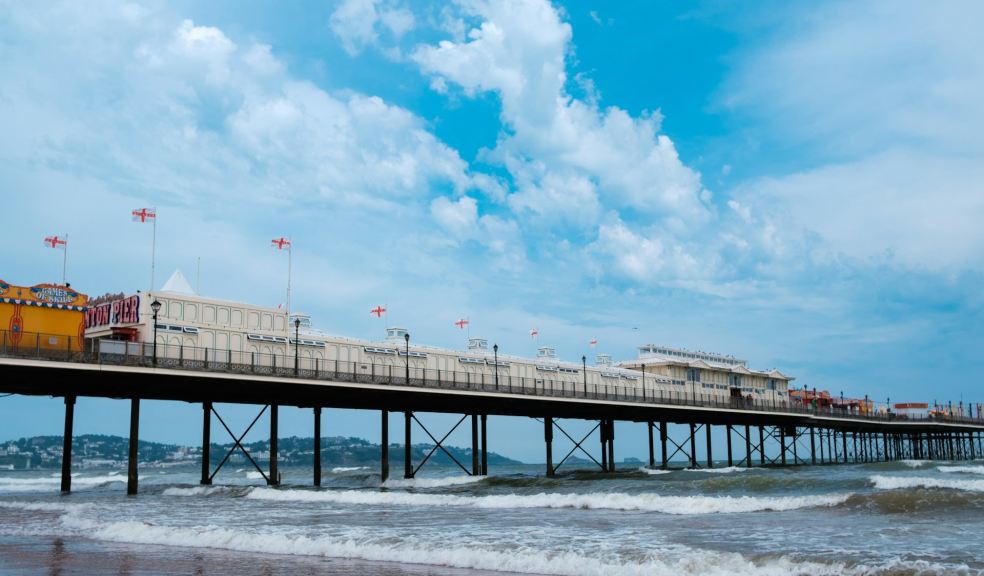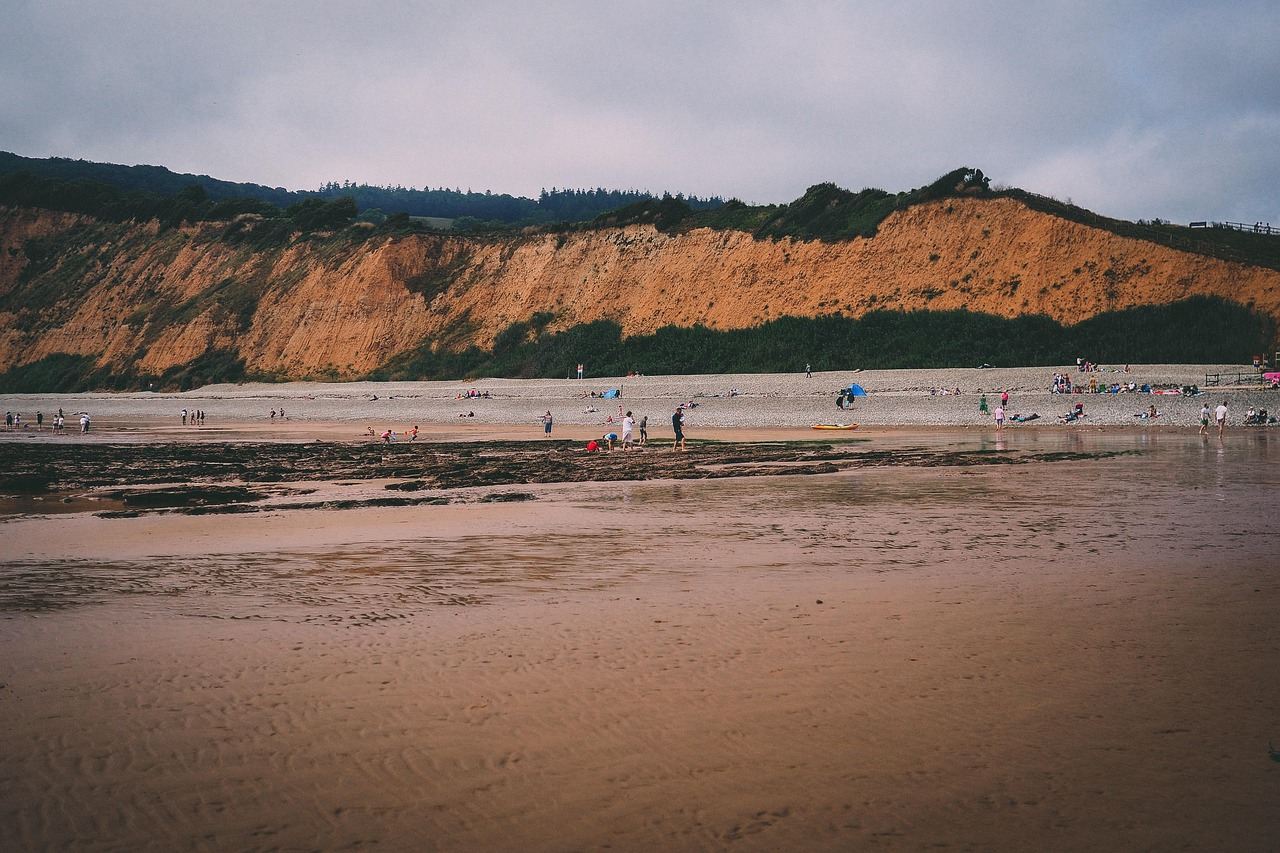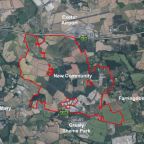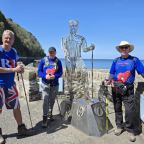
How the Devon Coast has Adapted to the Changes in Tourist Preferences
The UK’s coastline has long been a popular destination for Brits to enjoy short, cost-effective breaks from inland cities and towns, and to make the most of any good weather each year. This has made Devon exceedingly popular over the decades, thanks to the southern collection of coves, beaches, and waterways that make for a varied and relaxing setting.
Of course, to compete with the many other idyllic coastlines across the UK, Devon businesses have had to adapt several times over. While locations like Exmouth or Sidmouth Beach hold an ever-lasting appeal, as do the many historical sites along the south coast, everything around them and more inland has had to change and update.
It's for this reason that Ashburn Springs, the golf courses, hotel spas, the Flavel Arts Centre, the Ted Hughes Poetry Trail, and trending activities like kayaking and paddle boarding are so heavily advertised as reasons to come to Devon’s coastline. This follows an evolution of the Devon coast and how it’s been able to adapt to suit the ever-changing trends of tourists and local leisure-seekers.
Establishing the British Coastal Destination
The Victorian Era saw British coasts begin to develop into all-in entertainment hubs, building rides and venues along beachfronts to become even more enticing to tourists. Piers were erected across the country, theatres on those piers and more inland became very popular, and puppet shows appeared everywhere.
As times changed, larger attractions were built and some of the more niche offerings began to fade. Up went theme park-style rides and more tech-driven entertainment venues like arcade halls and penny-slot rooms. Other options associated with low-cost fun like bingo halls also made coastal towns their home in a boom for the classic game.
However, as globalisation took hold in the mid-20th Century, the trips down to the coast from the cities became less of a cost-effective option for a holiday. Package trips overseas saw a sharp decline in price, offering new and exotic experiences for a price that would rival that of a domestic holiday. This was followed by the rapid development of technology for entertainment, which also changed the state of play.
Adapting to Modernisation

The coasts of Devon and the UK have sold themselves as hubs for low-cost entertainment, that’s relatively convenient for Brits to enjoy. Over the years, however, an even more convenient space has arisen that has simultaneously enabled lower-cost entertainment, while also moving beyond the classic staples of seaside fun.
This is most prominently the case with online bingo. Now loaded with live bingo and hundreds of slots, the epitome of fun not being costly is still the case on many online casino sites, where games can be offered for a handful of pennies. Plus, players can get a slots welcome bonus to get started in this new realm of play.
We've also seen many other modern additions to the seafront, as it increases its need to adapt. Penny machines and even standing slot machines have found themselves to not be enough of a draw in the face of modernised competition. In their place, we’ve got many more video game-like options at locations like Braddick’s Amusement Arcade, as well as go-kart racing on the revamped Paignton Pier.
Devon’s coastline has a timeless charm to it and an enduring appeal. However, in order to enhance that, the entertainment venues dotted on the seafront and nearby have had to adapt, leading to a rise of tech-driven options in arcades and a bounty of resorts and spas.











